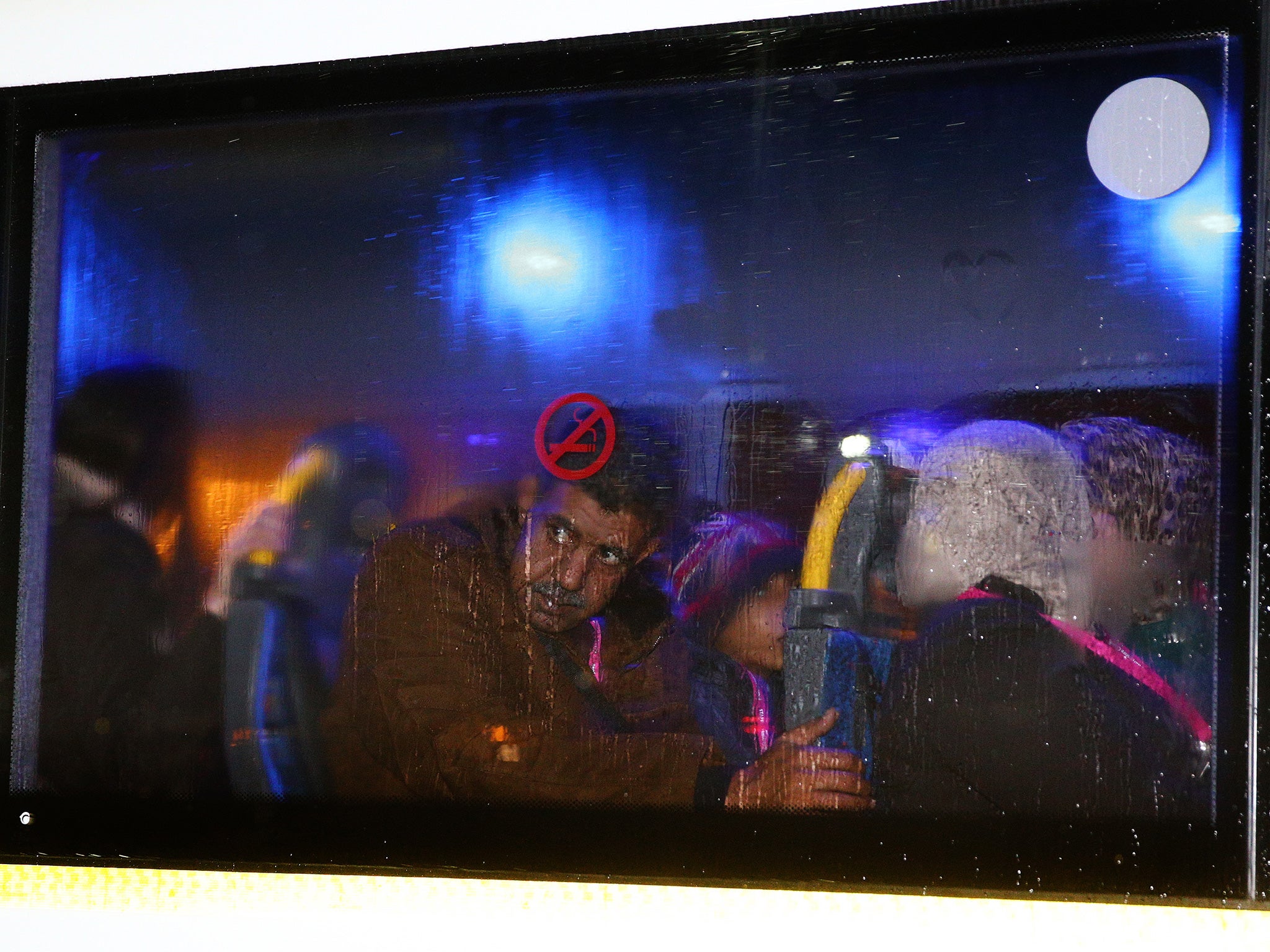Paris attacks: The integration of immigrants through education is paramount
Last week's outrages in Paris must not change Britain’s plans to offer succour to people in need

The arrival in Glasgow of a flight carrying Syrian refugees marks the beginning of the UK’s commitment to resettle vulnerable families and individuals fleeing civil war. It is an important milestone and we must hope the Government meets its target of welcoming a thousand refugees before Christmas. Last week’s outrages in Paris must not change Britain’s plans to offer succour to people in need.
Those who are given the opportunity to start a new life in this country will undergo hefty security screening. That should reassure locals made anxious by the “Trojan horse” theory – as yet unproved – that one of Friday’s killers came into Europe posing as a refugee. We should have nothing to fear from people who have been driven here by terror and will arrive full of hope. We should offer them support, not suspicion.
A welcoming attitude will be vital if the 20,000 refugees due in Britain by 2020 are to play a full part in this nation’s civic life. Integration is at the heart of combating the drift towards radicalism which can lead some immigrants to turn their back on the West. Already it is clear that it was young French men who were at the forefront of the attacks in Paris last Friday: youths radicalised by alienation from the state in which they were born or grew up. We saw the same in this country with the London bombings a decade ago.
Since then, assimilation of immigrant communities has become a priority in Britain – and that is why minister after minister has focused on the importance of language skills, of education and of community engagement. The rhetoric doesn’t always match up to reality – cuts to English language courses have been particularly galling. Nonetheless, there is at least a recognition of the importance of integration – for first-generation immigrants and beyond.
A new study by the Organisation for Economic Co-operation and Development (OECD) indicates that the UK has been relatively successful in fostering a sense of belonging, especially among young people. Among first-generation immigrant students in this country, more than 84 per cent reported feeling “like they belong” at school. This seems indicative of a wider sense of Britishness among immigrant communities. Indeed, a 2012 report to the Government’s Migration Advisory Committee found that recent and established immigrants were for the most part as likely as white Britons to report a feeling of belonging to Britain.
The contrast with France is striking. The OECD study found only 43 per cent of students who were first-generation immigrants felt they belonged at school, and among the second generation that proportion fell to 39.5 per cent.
In these dark days following Friday’s attack it is hard to start examining how such brutal atrocities could take place at the hands of French citizens. There can surely be no simple answer. Yet for those with knowledge of the banlieues, the OECD’s data will add fuel to the notion that communities in some French cities are horribly fractured, tempting hopeless men to a life of religious extremism.
Efforts here to encourage integration might offer lessons to the French government in the years ahead. But it is vital, too, that political leaders in the UK remain committed to policies that promote cohesion. This week we may all be French, but next week we will all be British again. It is vital that everyone living in this country feels like they belong.
Join our commenting forum
Join thought-provoking conversations, follow other Independent readers and see their replies
Comments
Bookmark popover
Removed from bookmarks